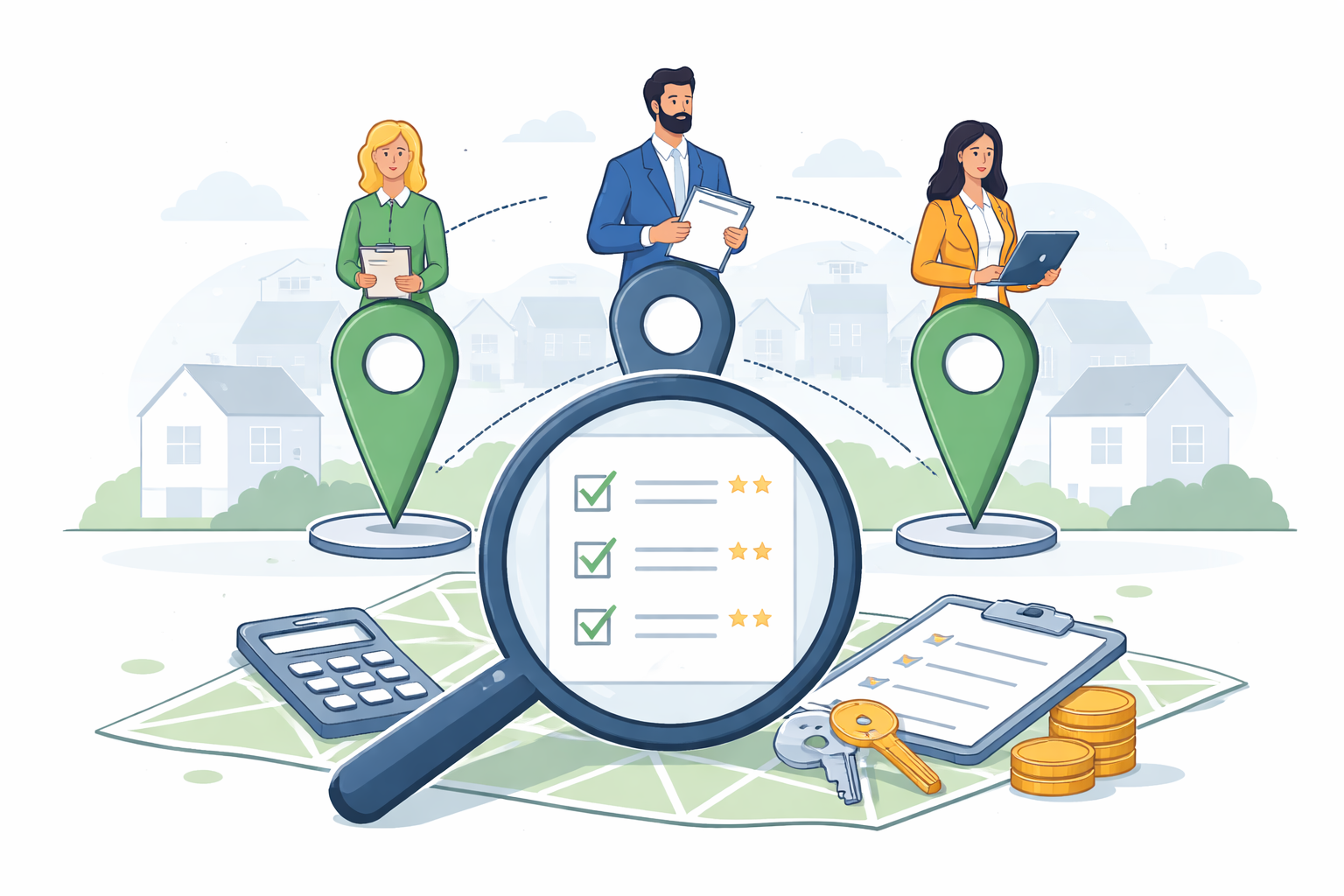Are you looking to buy a property in Australia, but are worried about the Lender's Mortgage Insurance (LMI) premiums? Don't worry, we have you covered! In this article, we will discuss everything you need to know about LMI and how to avoid paying it.
We will also provide a list of tips that will help you get your mortgage approved. So, whether you are a first-time homebuyer or an experienced investor, this guide is for you!
What is LMI?
LMI is a type of insurance that protects the lender if you default on your loan. It is typically required if you are borrowing more than 80% of the property's value. The premium is paid upfront, and it can be added to your loan amount.
How Does LMI work?
If you default on your loan, the lender will claim the insurance payout from the insurer. The insurer will then reimburse the lender for any losses they incur. In some cases, the lender may also be able to recoup some of their legal costs from the insurer.
Why is LMI important?
LMI is important because it allows lenders to offer loans to borrowers with a higher loan-to-value ratio (LVR). It means that you can borrow more money without having to pay a larger deposit. It also protects the lender if you default on your loan.
However, LMI can also be a costly insurance premium. Yet, it is not always necessary. In some cases, you may be able to avoid paying LMI by taking out a home loan with a lower LVR or by increasing your deposit. Those who have LMI can pay it as a one-off payment. It can also be capitalised into the borrower's loan.
How Do You Calculate LMI?
LMI depends on the size of the loan or deposit. It also depends on what the property is for and the insurer of the lender.
10 Ways to Avoid Paying LMI
There are several ways that you can avoid paying LMI on your home loan:
1. Save up a larger deposit
The easiest way to avoid paying LMI is to save up a larger deposit. If you can put down a deposit of 20% or more, you will not have to pay LMI.
Also, the larger your deposit, the lower your LVR will be. This means that you will also pay a lower interest rate on your loan.
2. Take out a home loan with a low LVR
If you are not able to save up a large deposit, you can still avoid paying LMI by taking out a home loan with a low LVR. Most lenders will not require LMI if your loan is for 80% or less of the property's value.
3. Get mortgage insurance
Another way to avoid paying LMI is to get mortgage insurance. Mortgage insurance protects you if you default on your loan. It is typically required if you are borrowing more than 80% of the property's value.
4. Increase your income
If you are self-employed or have a low income, you may be able to avoid paying LMI by increasing your income. This will show the lender that you are more capable of repaying your loan.
5. Find a guarantor
If you are not able to save up a large deposit or increase your income, you may be able to find a guarantor. A guarantor is someone who agrees to cover your loan repayments if you default on your loan. Guarantors can be family members or friends. However, they must have the financial ability to cover your loan repayments.
6. Take out a no-LMI home loan
Some lenders offer home loans with no LMI. These loans typically have higher interest rates and fees. However, they can be a good option if you are not able to avoid paying LMI.
7. Get a construction loan
If you are planning on building a property, you may be able to avoid paying LMI by getting a construction loan. Construction loans are typically for 80% of the property's value or less.
This means that you will not have to pay LMI on your loan. However, you will still need to pay mortgage insurance if you are borrowing more than 80% of the property's value.
Also, construction loans typically have higher interest rates and fees. Construction loans can be a good option if you are not able to avoid paying LMI.
8. Refinance your loan
If you have already taken out a home loan, you may be able to avoid paying LMI by refinancing your loan. Most lenders will not require LMI if you are refinancing for 80% or less of the property's value.
Refinancing can also help you get a lower interest rate on your loan. However, it is important to remember that you will still have to pay any existing LMI premiums when you refinance your loan.
You will also have to pay mortgage insurance if you are borrowing more than 80% of the property's value. It can also help you get a lower interest rate on your loan.
9. Use a family member's home as collateral
If you have a family member who owns a property, you may be able to use it as collateral for your loan. This can help you avoid paying LMI on your loan. However, it is important to remember that if you default on your loan, your family member's property could be at risk.
Also, this option is not available to everyone. You will need to have a good relationship with your family member and they will need to be willing to put their property at risk.
Find and Compare Buyers agents to help you buy a home based on your needs, lifestyle and budget.
10. Do not borrow as much money
If you are not able to avoid paying LMI, you can still minimize the amount of money that you have to pay by borrowing less money. The less money you borrow, the lower your LVR will be. This means that you will also pay a lower interest rate on your loan.
You can also reduce the amount of interest that you have to pay by choosing a shorter loan term. However, this will also increase your monthly repayments.
Conclusion
As you can see, there are several ways that you can avoid paying LMI on your home loan. you can protect yourself from this costly insurance premium.
Do you have any other tips on how to avoid paying LMI? Let us know in the comments below!











